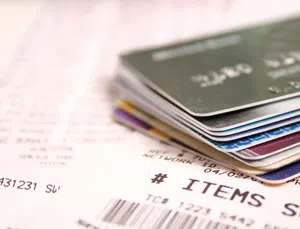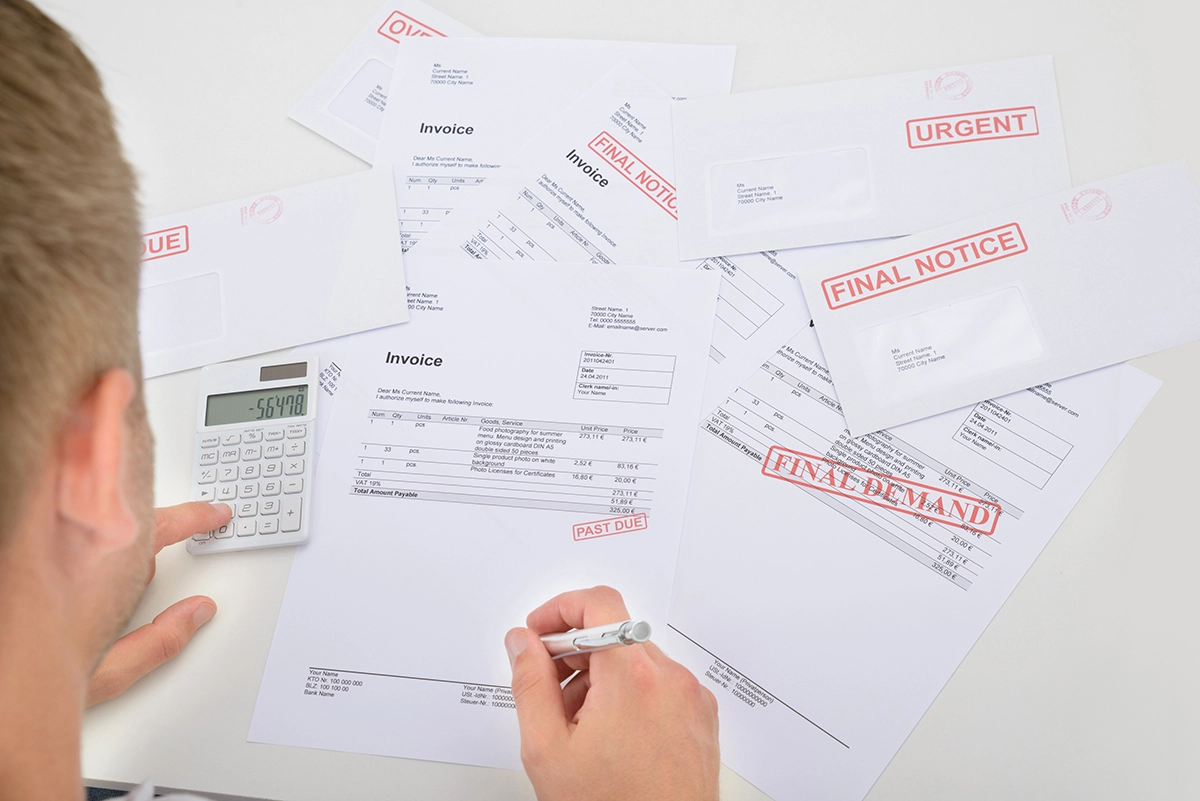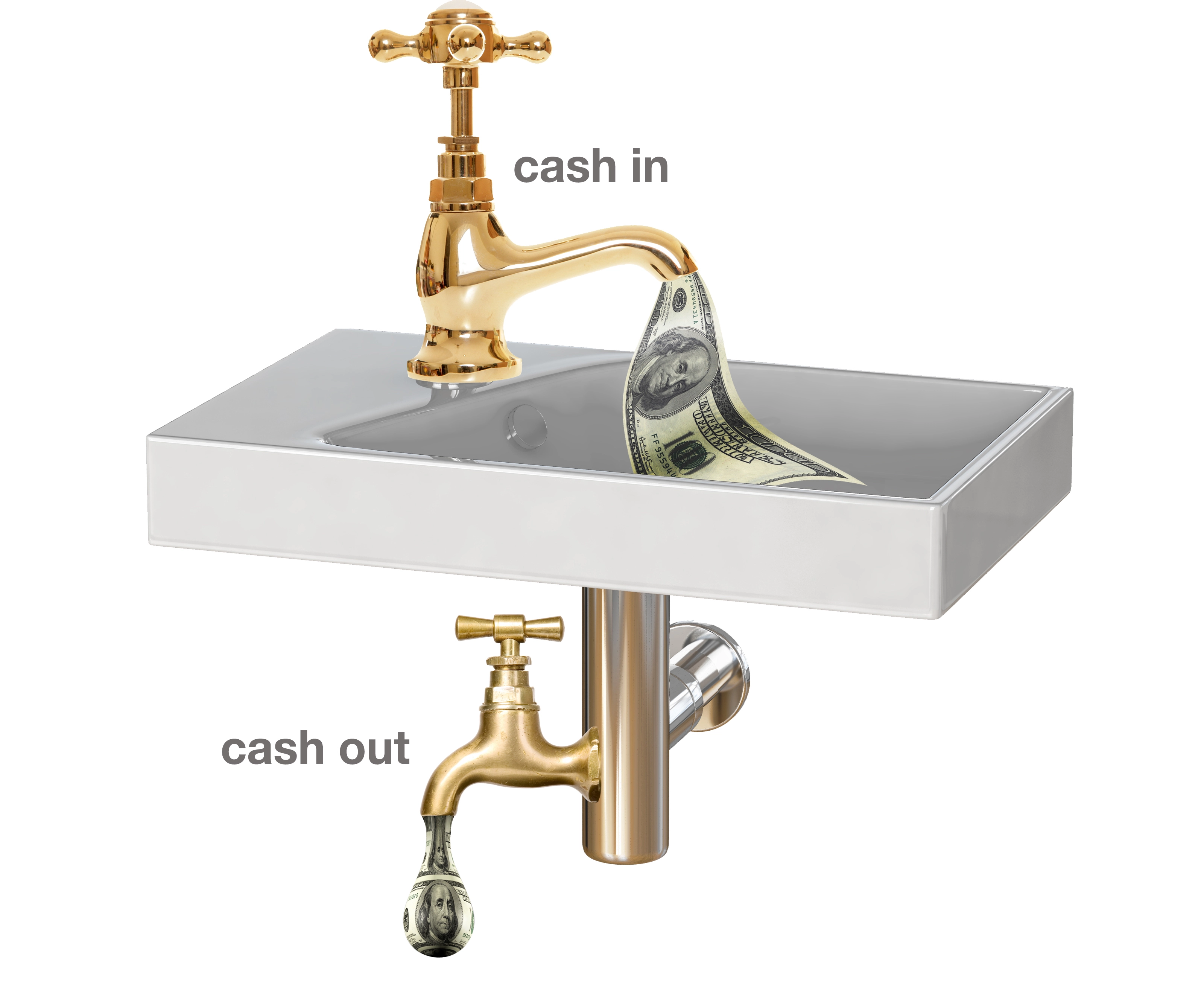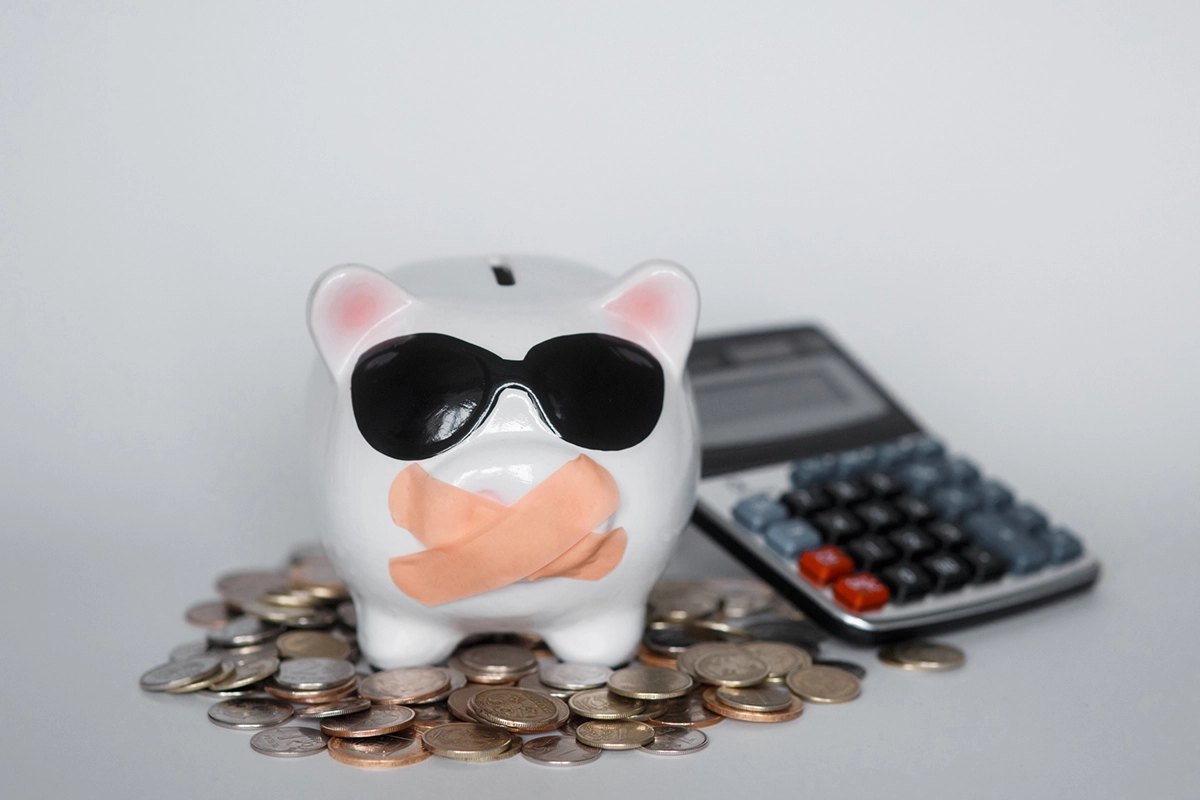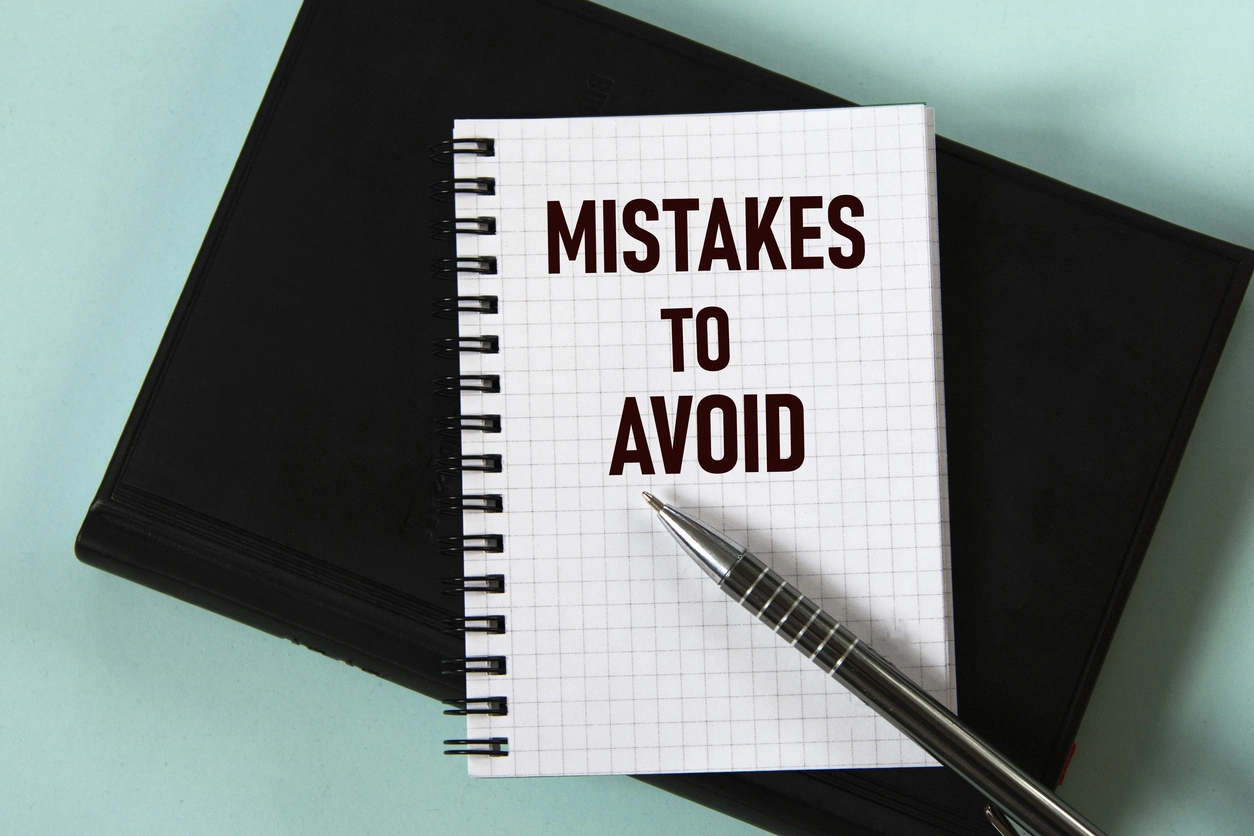What does separating business expenses from personal expenses have to do with wealth?
Building cash is critical for building wealth. Some HVACR owners use their business as a personal checkbook. They mix business expenses with personal expenses. When they need to pay for something personal, they write a check out of the business checkbook.
In this case, it is difficult to tell whether their business is earning a profit or has a loss. Without profit, they cannot build wealth.
Some have really great years with a lot of cash and go to “The Big Boys Toy Store.” Turning their business cash into personal enjoyment. You can enjoy the fruits of your labor. Just don’t do it to the detriment of your company. Make sure that you always have at least three months of operating expenses in cash.
In addition, I’ve seen business owners use business credit cards are used for personal expenses. The business pays for the credit card expenses, both business and personal.
Yet, you say, “It’s my business and I can run it as I please.” That is true. Don’t fool yourself, however, when you review your financial statements every month. You cannot tell whether the business is earning a true profit when business and personal expenses are mixed.
Cautionary Tale
Here is Zack and Anna’s story, a husband and wife team who own an HVACR company.
Zack and Anna started and operate an HVACR company with 10 employees. The owners and several of the employees have company credit cards. There were no controls on the credit cards. The employees took the clues from the Zack and Anna’s actions. When they got gas they also got food. When they went to pick up supplies, they also got a few things for themselves.
Employees saw Zack and Anna regularly put their personal expenses on the business credit card including travel, entertainment, PayPal purchases, Amazon purchases and more. In addition, they paid their personal utility and other expenses for their children and their homes through the business. Employees felt they could do the same. They were taking clues from the owners.
Zack and Anna couldn’t understand why the company wasn’t earning as much profit as it should. They considered raising prices. Yet, they knew that wasn’t the answer.
Keep Personal Expenses Personal
With my help, controls were put in place. The company credit card was taken away from a few employees. Credit card statements were scrutinized. Receipts became required. Payment of personal expenses through the business stopped. And yes, Zack and Anna gave themselves a raise so that they could personally pay for personal expenses.
What happened? For the first time, the owners could see if the company was profitable. Profitability actually increased because employees’ and owners’ expenses were not paid out of the business. At this point, the business could start building wealth knowing the profits were there.
The first step in separating business from personal is having a business and a personal checking account. This seems obvious to most contractors. There are many contractors, usually smaller ones, who have one checking account.
It is impossible, as the company grows, to build wealth if all of the funds are co-mingled. To have a business, you need a business checking account.
Have separate business and personal credit cards. Even if all of the credit cards are in the owner’s name, have some that are used strictly for business and others that are used for strictly for personal expenses.
Many contractors go further when they issue credit cards to employees. They have specific restrictions on, for example, gasoline credit cards, in terms of what can be charged to that card.
Then, your bookkeeper MUST reconcile the credit card statements with the receipts for purchases turned in by employees. If there is not a receipt, then the employee pays the expense out of payroll deduction. This should be a policy put in place and signed off by the employee when he or she is issued a credit card.
If you have been using your business for personal expenses, then give yourself a raise to cover the expenses that the business has been paying. Start thinking business wealth. And, if you want to build personal wealth too, then when profitability is continuously good, consider taking cash out of the business to start building personal wealth. But, remember to leave at least three months of operating expenses in cash in your business.

